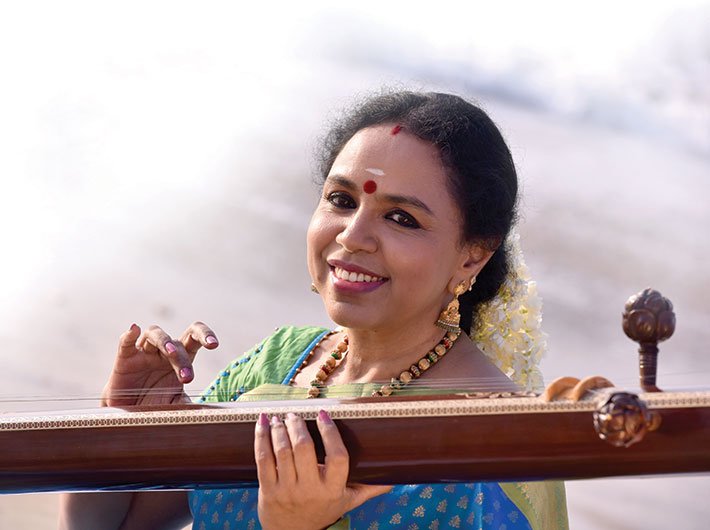
Yoshika Sangal | October 13, 2017

A Praja Foundation report on ‘Ward Wise Budget of Mumbai’, analyzing ward-wise budgets of the Brihanmumbai Municipal Corporation (BMC) from 2021–22 to 2025–26, underscores growing disparities in budget allocations across the city’s 24 administrative wards. The r
Critical minerals, including rare earths, are emerging as the foundation of economic growth, national security, and the global energy transition. The International Energy Agency estimates that demand for critical minerals will rise by 250% by 2030. For countries dependent on imports, this represents a stra
Prime minister Narendra Modi inaugurated the Navi Mumbai International Airport and also launched and dedicated various developmental projects here on Wednesday. The Navi Mumbai International Airport is India’s largest Greenfield airport project, developed under a Public–Pr
Prime minister Narendra Modi will inaugurate key infrastructure projects in Maharashtra on October 8–9 including the much-anticipated Navi Mumbai International Airport (NMIA). He will also host his UK counterpart, Sir Keir Starmer, who is visiting India for the first time since taking office.
The much-awaited Bihar elections will take place in two phases, on November 6 and November 11, and the results will be announced on November 14, the Election Commission of India (ECI) announced on Monday. Meanwhile, bye-elections to eight assembly constituencies in J&K, Rajasthan, Jharkh
Ian McEwan’s latest novel, What We Can Know, is a profound meditation on memory, environmental culpability, and the limits of historical inquiry, wrapped in the guise of a literary detective story. Set against the bleak backdrop of a post-‘Derangement’ twenty-second century, the

